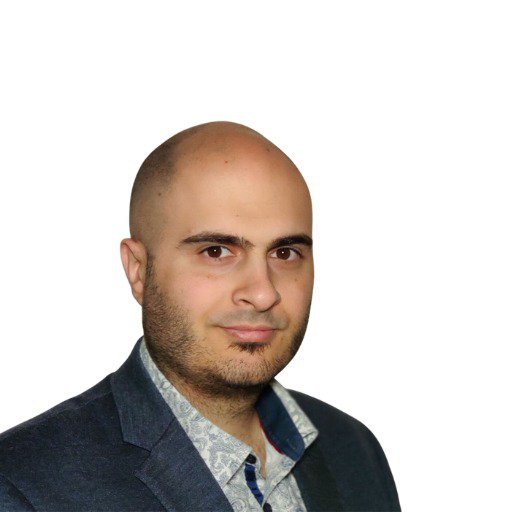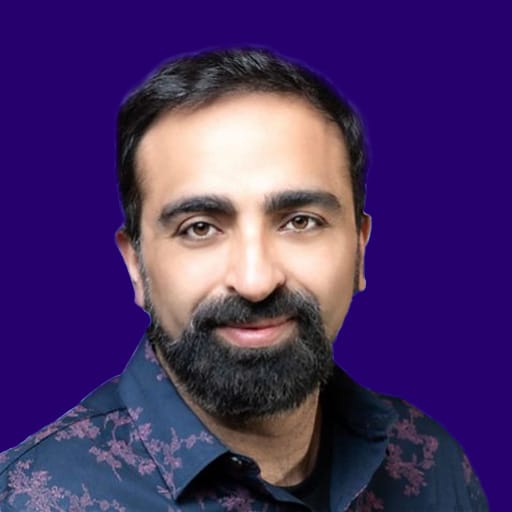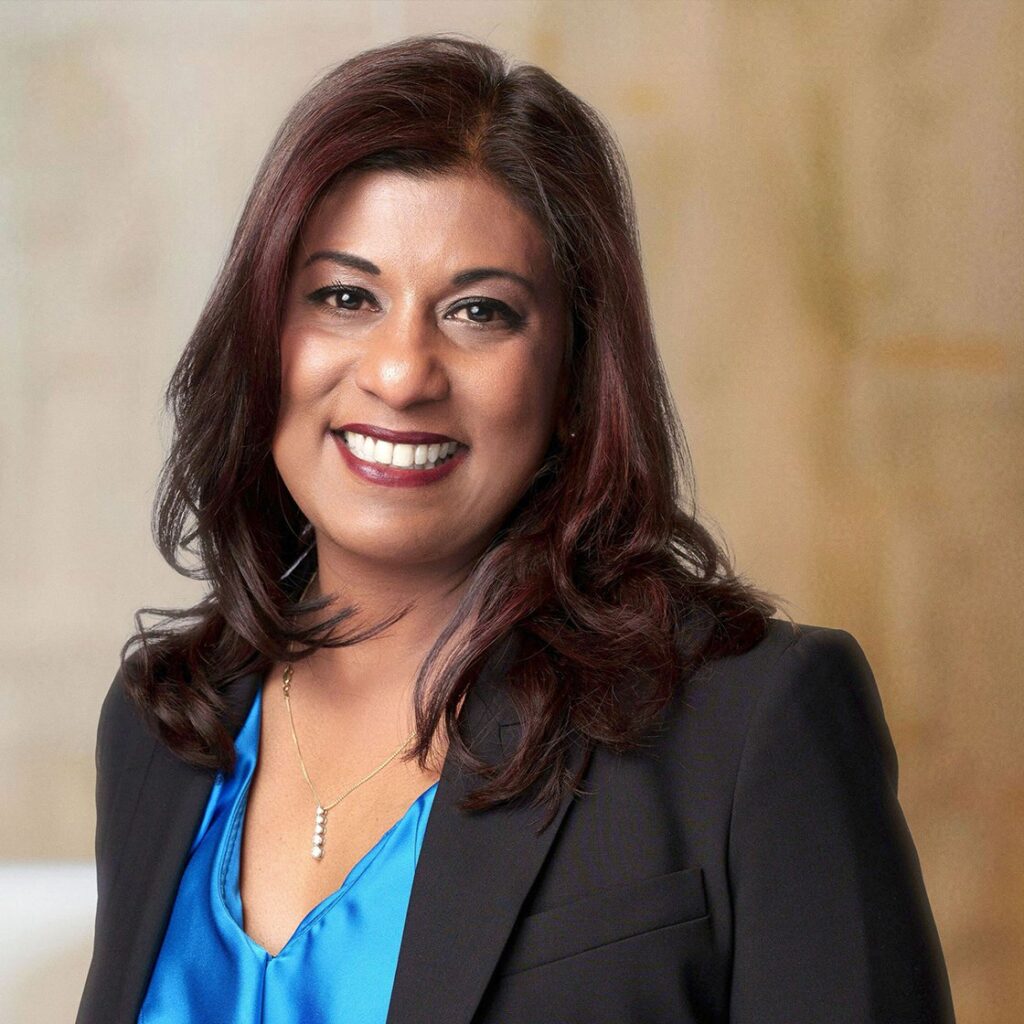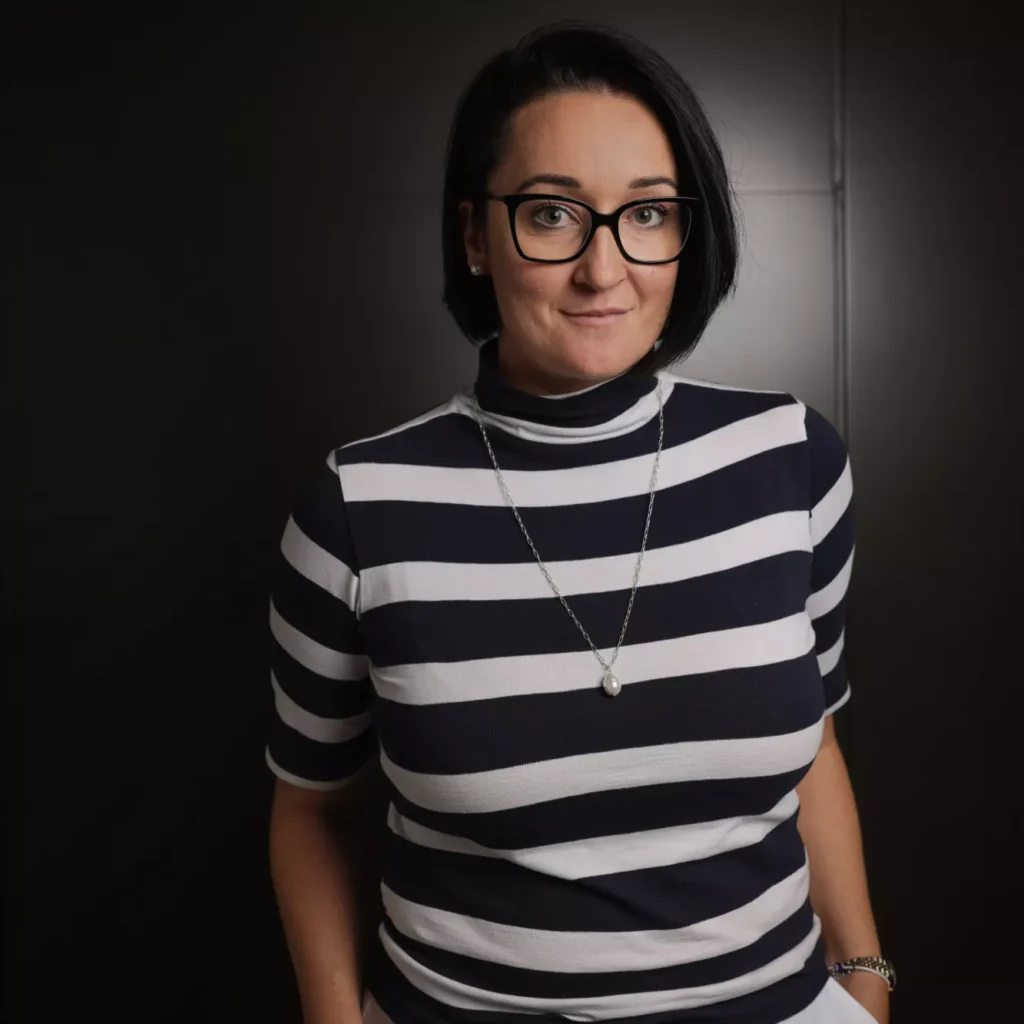Stephanie Trunzo, Senior Vice President and General Manager at Oracle Industry. Trunzo dives deep into the changes Oracle Industries is bringing to the healthcare sector with applied AI and an open healthcare platform and what this actually means.
Trunzo led with Oracle Industries’ approach, which integrates specific industry needs into general Oracle technology like cloud platforms and databases. This approach includes sectors like retail, manufacturing, and healthcare, enabling businesses to leverage both foundational Oracle infrastructure and industry-specific solutions.
The application of AI in healthcare
Trunzo elaborates on the Oracle Clinical Digital Assistant, a tool designed to alleviate the administrative burden on physicians. The digital assistant preps doctors by pulling patient information from multiple sources, even listening and documenting during consultations. This allows healthcare providers to see more patients and improve the quality of care, addressing both operational inefficiencies and issues of physician burnout.
“So instead of having an iPad and asking how much you weigh and what your conditions are and what medications you’re taking, instead, the digital assistant is pulling many different sources of data, including your patient record, all of the information you’ve already provided, regardless of whether you’ve been at that practice before or not” Trunzo explains.
Addressing Security and Privacy Concerns
As we know data breaches are a growing concern amongst consumers and businesses. Oracle ensured me that security is integral to their offerings. The AI solutions are built on Oracle’s secure cloud infrastructure, and Trunzo reiterated the importance of consent and permissions in managing patient data. This keeps patient data secure, giving users control over who accesses their information and for how long.
The future of healthcare is how access to comprehensive, long-term data can re-develop clinical trials. Continuous data collection allows for insights, potentially transforming public health initiatives and customised patient care. The aim is to shift from a reactive healthcare model to a more proactive one, thereby improving health outcomes and reducing costs.
Global Ambition and Consumer Education
Oracle’s goal is to make Oracle Health a global business. This requires educating consumers about their rights to their health data and the existing inefficiencies and security issues in current systems.
“People need to understand the problem. I think one of the big challenges in healthcare is that consumers and humans don’t understand that they do have a right to their own health data in the first place” states Trunzo.
AI should not replace the human element in healthcare but rather enhance it. By relieving doctors of mundane tasks, AI allows them to practice at the top of their game, which in turn increases patient interactions and care.









